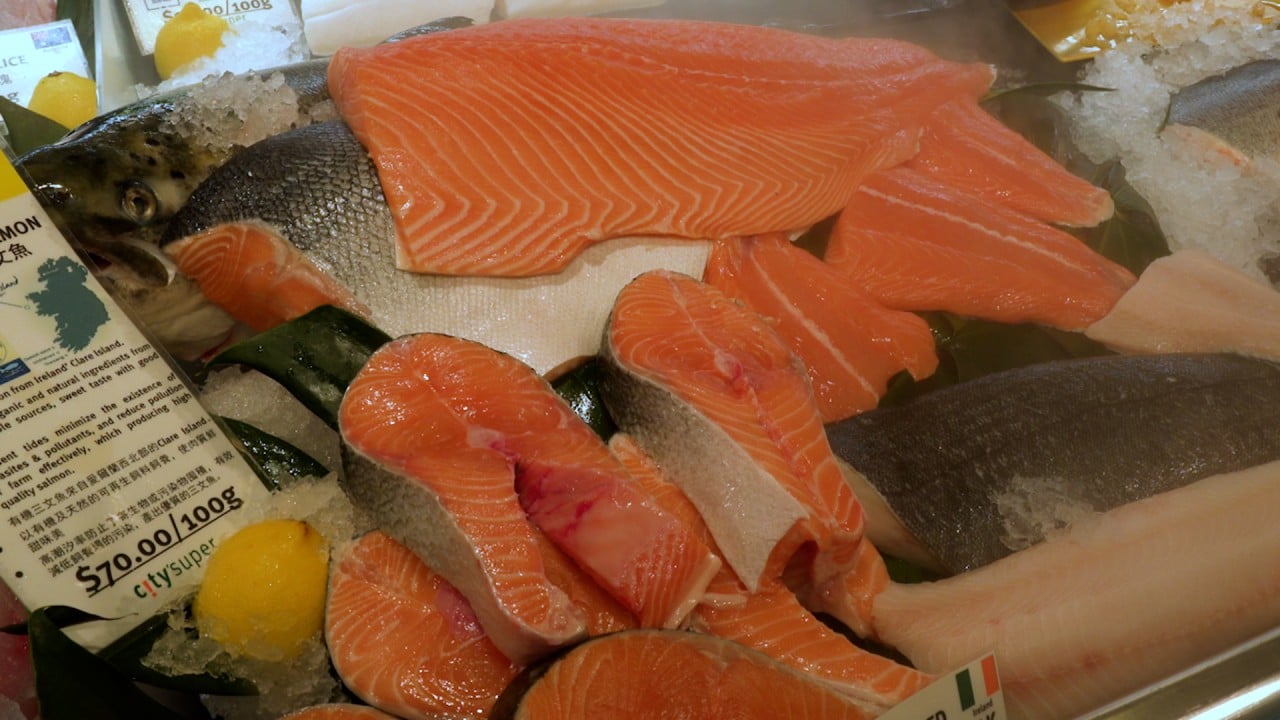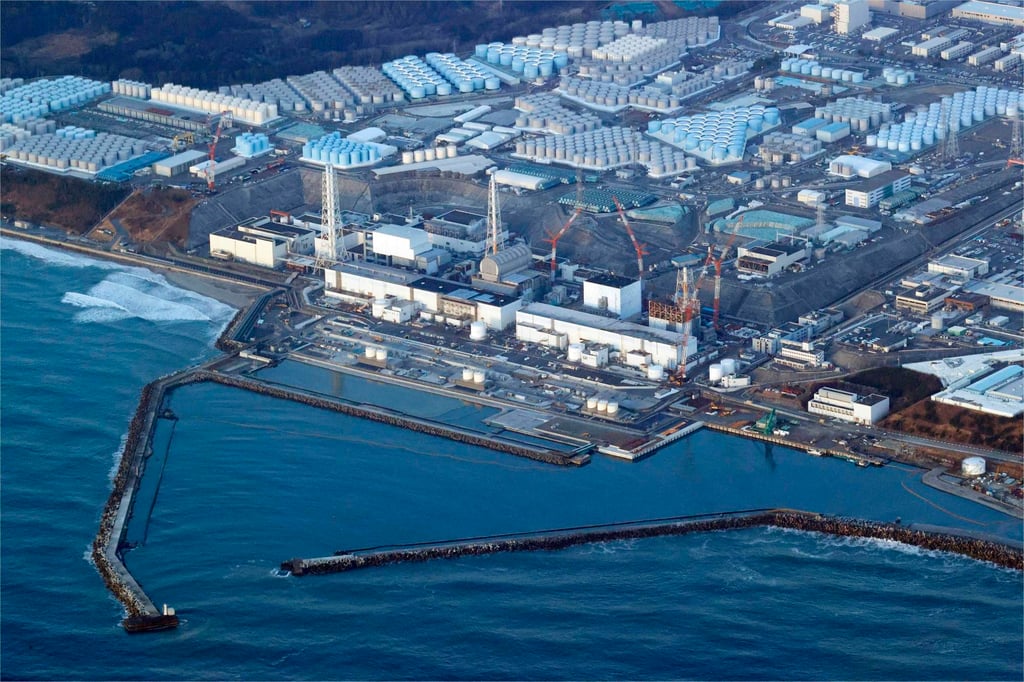‘Worse than the pandemic’: Hong Kong’s Japanese restaurants unsure about survival if city bans seafood imports over Fukushima discharge plan
- Hong Kong government is considering banning seafood imports from Fukushima and surrounding prefectures if country releases radioactive water into sea
- Catering industry leaders say ban will erode faith in Japanese food and stoke fears about consuming products from country

02:33
‘It’s already hitting us’: Japanese eateries face fallout from looming Hong Kong seafood ban
Hong Kong’s Japanese restaurants could suffer worse than they did during the pandemic under a potential import ban on some seafood amid controversy concerning the release of waste water from the crippled Fukushima nuclear plant.
Catering industry leaders in the city on Wednesday sounded the warning, with one operator in North Point saying customers had already been scared off, calling the situation “worse than when the government banned restaurant dining during the Covid pandemic”.
Hong Kong officials have said the city would introduce the ban on 10 Japanese prefectures if the country released treated waste water from Fukushima into the sea.
It is estimated Japan will take 30 years to dispose of the 1.37 million tonnes of waste water, which Tokyo maintains is safe after undergoing a filtration system used to remove radioactive materials process.

Official figures showed that Japan supplied about 2 per cent of the city’s food last year, with 6.75 per cent of all seafood consumed locally coming from the country. Businesses offering Japanese goods have expressed their concerns over the prospect of the ban.